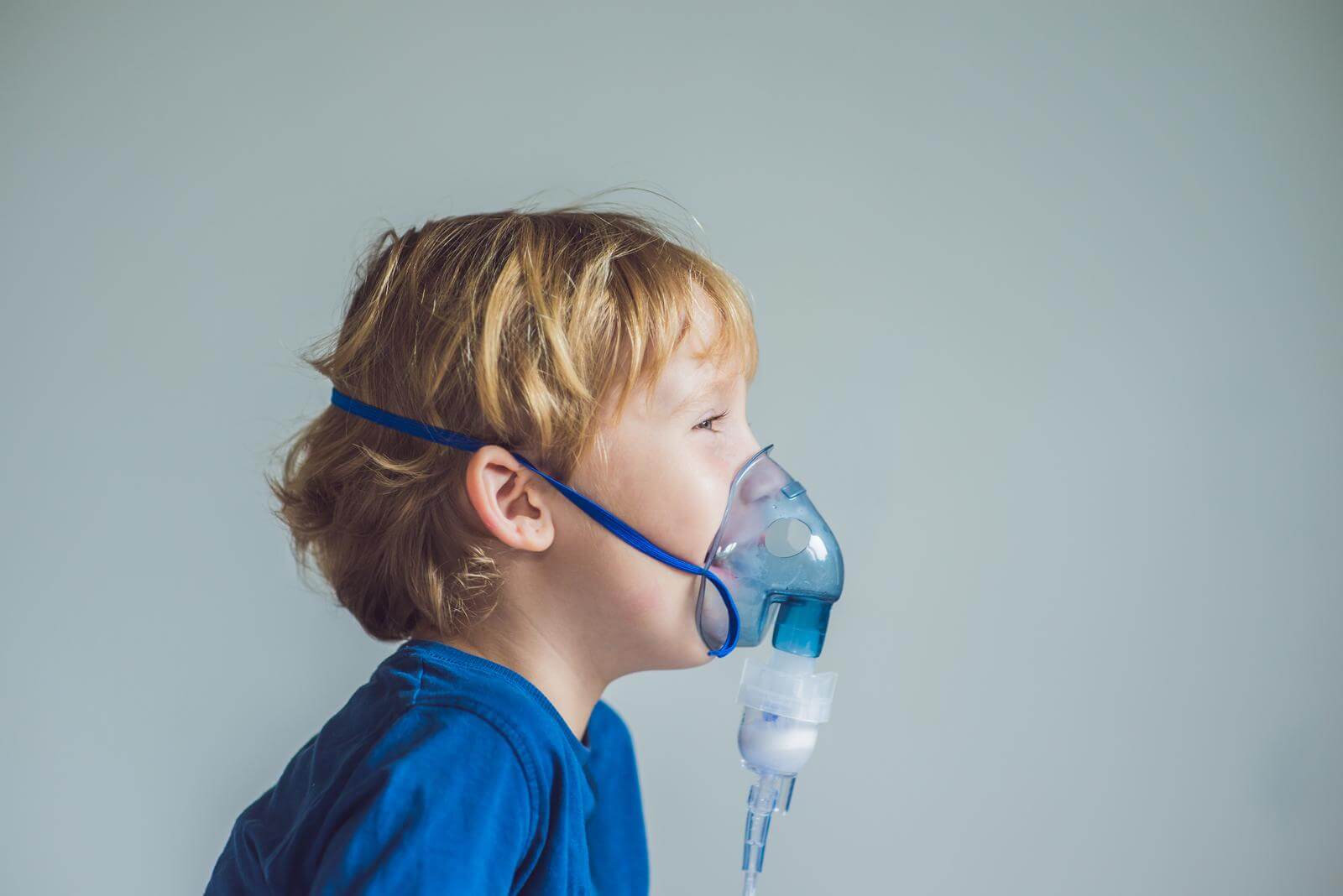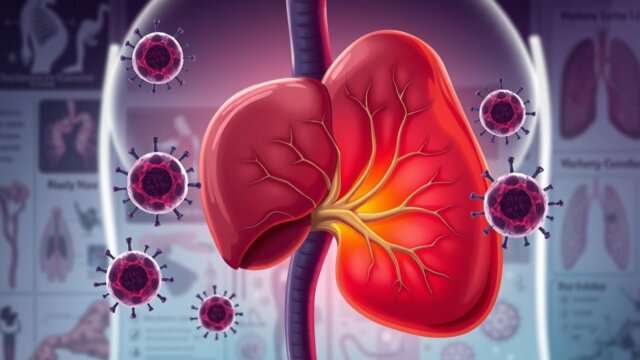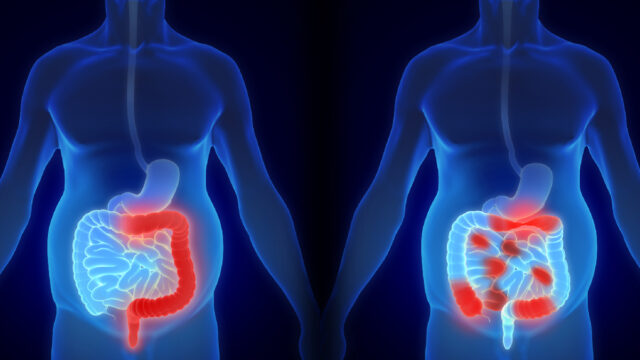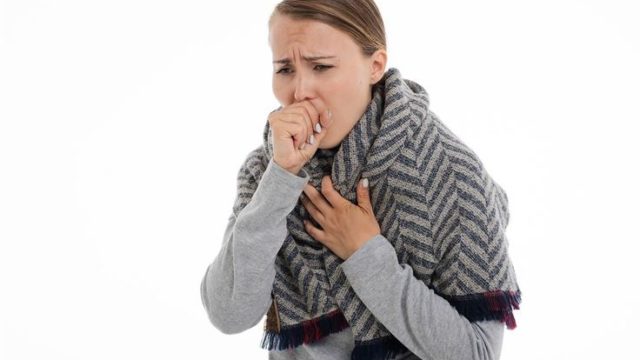FTC disclaimer: This post may contains affiliate links and we will be compensated if you click on a link and make a purchase.
If you have ever had a cold or the flu, you may have noticed a wheezing sound when you breathe. Wheezing is a high-pitched whistling sound caused by the airways’ narrowing. Wheezing can be a symptom of many respiratory conditions, including asthma.
Asthma is a chronic lung disease that affects millions of people worldwide. Asthma causes the airways to swell and narrow, making breathing difficult. Asthma can be triggered by various factors, including allergies, cold air, exercise, and stress.
If you have asthma, it is important to work with your doctor to develop a treatment plan. This may include taking medication to control your symptoms and avoiding triggers that can worsen your asthma.
If you have to wheeze unrelated to asthma, it is important to see a doctor to find out the cause. Wheezing can be a symptom of other respiratory conditions, such as bronchitis, emphysema, or pneumonia. In some cases, wheezing can also be a sign of heart disease.
If you are having difficulty breathing, or if your wheezing is accompanied by other symptoms such as chest pain, shortness of breath, or a rapid heart rate, it is important to seek medical attention immediately.
Understanding Wheezing and Asthma

What is Wheezing?
Wheezing is a high-pitched whistling sound that is made while you breathe. It is usually a sign of an obstruction in the airway, such as asthma.
The obstructing airflow causes the sound of wheezing as it passes through the narrowed airway. This can be due to various reasons, such as inflammation, mucus buildup, or structural abnormalities.
Wheezing can occur in adults and children but is more common in children. Wheezing is often the first symptom of asthma and can also be a symptom of other respiratory conditions.
If you or your child is wheezing, it is important to see a doctor to identify and treat the cause. In some cases, wheezing may go away on its own.
Still, it is important to seek medical attention if it is persistent or accompanied by other symptoms, such as shortness of breath, chest pain, or difficulty breathing.
Types of Wheezing
If you have asthma, you might experience wheezing when you have a cold or when you’re around things that trigger your asthma, such as dust, pollen, or smoke. If you have asthma and wheeze, you must see a doctor to get the proper treatment.
There are two types of wheezing:
1. Inspiratory wheezing: This happens when you breathe in and is usually a sign of obstruction in your airways.
2. Expiratory wheezing happens when you breathe out and is usually a sign of airway inflammation.
If you have asthma, you might experience both types of wheezing.
Treatment for wheezing depends on the underlying cause. If you have asthma, your doctor will likely prescribe medication to help control your asthma symptoms. Your doctor might prescribe antibiotics if you have a cold or other respiratory infections.
In some cases, wheezing can signify a more serious condition, such as heart failure or lung disease. If you have wheezing and other symptoms of a serious condition, such as shortness of breath, chest pain, or rapid breathing, you should see a doctor immediately.
What causes Wheezing?
If you have asthma, wheezing is usually the first symptom you’ll notice. Wheezing is a high-pitched, whistling sound you can hear when you breathe. It happens when your airways are narrowed, and not enough air flows through them.
Wheezing is caused by the inflammation of the airways in the lungs, which become narrow and cause difficulty breathing. Therefore, although wheezing is common while exhaling, it can also occur while inhaling.
Wheezing can signify a mild asthma attack or a more serious one. If you have wheezing and other symptoms like shortness of breath, chest tightness, or difficulty breathing, you should call your doctor or get to an emergency room immediately.
Does Wheezing mean Asthma?
Not everyone who wheezes has asthma. Wheezing can also be a symptom of other lung conditions, such as bronchitis, pneumonia, and COPD. And sometimes, wheezing can be caused by a foreign body lodged in the airway, such as a piece of food.
Wheezing could also result from some problems in a person’s vocal cords. Therefore, one cannot conclude that a person wheezing is an asthma patient.
If you’re having trouble breathing or wheezing is accompanied by other symptoms like chest pain or a rapid heartbeat, it’s important to see a doctor immediately. They can help you determine what’s causing your symptoms and get the needed treatment.
When to consult a doctor?
People are advised to consult a doctor when they just start wheezing or when their wheezing gets worse. Although wheezing is a common asthma symptom, your doctor will ask you several questions, such as the factors triggering wheezing detailed medical history.
He will also ask you whether wheezing is associated with other asthma symptoms such as shortness of breath, chest pain, and chronic cough.
If any of these symptoms accompany wheezing, you will most likely be diagnosed with asthma.
So, to avoid wheezing and other asthma symptoms, one should note the triggers that cause the asthma symptoms.
What triggers Wheezing?
Wheezing is a common asthma symptom that is triggered by factors such as exposure to
- Cigarette smoke
- Either through smoking or passive smoking
- Exposure to allergens such as harmful fumes, pollen, and animal dander
- Certain viral infections, such as colds and flu, increase lung mucus production.
What does Wheezing indicate about Asthma?
If you have been taking your asthma medication regularly yet wheezing frequently, it indicates that your asthma is not under good control. This suggests that you need to modify your asthma action plan in consultation with your doctor so that you stop wheezing.
If your asthma is under control, you will never wheeze. When a person suffers from an asthma attack, he first starts wheezing; the wheezing becomes severe and is accompanied by shortness of breath and coughing.
This situation requires immediate medical help, and the patient is administered quick-relief inhalers containing bronchodilator medications.
Thus, it should be noted that wheezing is a common asthma symptom and continuous intense wheezing indicates the onset of an asthma attack.
But, there are types of asthma, such as ‘cough variant asthma and the only symptom, in this case, is a constantly dry, unproductive cough.
The patient does not wheeze in this case. It should be noted that in the case of patients suffering from asthma, wheezing may occur in the following manner:
Wheezing may come in episodes of asthma attacks. It can become worse at night or early morning.
It may go away on its own. Wheezing may worsen when breathing cold air, while exercising, or when you suffer from acid reflux, causing heartburn.
Wheezing usually begins suddenly and subsides on taking medicines that open the airways (bronchodilators).
What is the best medicine for wheezing?
If you’re wheezing, you likely have asthma. Asthma is a chronic lung condition that causes your airways to narrow and makes it difficult to breathe. While there is no cure for asthma, there are treatments that can help manage the symptoms and keep you healthy.
The best medicine for wheezing will depend on the severity of your symptoms. If you have mild asthma, you may only need to use an inhaler when you’re having symptoms.
If you have moderate or severe asthma, you may need to take daily medication to control your symptoms.
Inhaled corticosteroids are the most effective medication for asthma. These drugs help reduce inflammation in the airways, making breathing easier.
You may also need to take oral corticosteroids if you have severe asthma. These drugs can have serious side effects, so they should only be used as a last resort.
If you’re having trouble controlling your asthma, your doctor may recommend other treatments, such as immunotherapy or bronchial Thermoplasty. These procedures can help to reduce the severity of your symptoms and make it easier to manage your condition.
If you have asthma, it’s important to work with your doctor to create a treatment plan that’s right for you. With the right treatment, you can live a normal, active life despite your condition.
How can I permanently get rid of wheezing naturally?
You know how annoying and frustrating it can be if you suffer from wheezing. Unfortunately, for many people, wheezing is a chronic condition that can be difficult to treat.
While various medical treatments are available, many people prefer to try to get rid of their wheezing naturally.
Many different things can cause wheezing. Sometimes, it may be due to an underlying medical condition, such as asthma.
In other cases, it may be caused by environmental factors, such as dust or pollen. You must see a doctor to rule out any underlying medical conditions if you suffer from wheezing.
Once you have ruled out any underlying medical conditions, there are many things you can do to try to get rid of your wheezing naturally. One of the best things you can do is to try to avoid triggers that may cause your wheezing.
If you are allergic to dust or pollen, you will want to try to keep your home clean and free of these allergens. If you smoke, you will want to quit, as smoking is a common trigger for wheezing.
In addition to avoiding triggers, many natural remedies try to get rid of your wheezing. Honey is a popular natural remedy for wheezing, as it can help to soothe and lubricate the throat.
Peppermint oil is another popular remedy, as it can help to open up the airways and reduce inflammation.
If you are struggling with wheezing, it is important to remember that you are not alone. Many people suffer from this condition.
However, by taking some simple steps, you can dramatically reduce your wheezing and improve your quality of life.
FAQ for Wheezing and Asthma
Does asthma wheezing go away?
If you have asthma, you know wheezing is one of the most common symptoms. But what you may not know is that wheezing can go away.
There are many treatments available that can help to control your asthma and reduce wheezing. In some cases, the wheezing may go away completely.
If you’re struggling with wheezing, you must talk to your doctor. They will be able to recommend the best course of treatment for you.
In most cases, asthma can be controlled with medication. Many different types of medication can be used to control asthma.
Inhaled corticosteroids are the most common type of medication used to control asthma. These drugs help to reduce inflammation in the airways.
Bronchodilators are another type of medication that can be used to control asthma. These drugs help to open up the airways and make it easier to breathe.
You may need surgery if your asthma is not well controlled with medication. In some cases, the wheezing may go away completely after surgery.
If you have asthma, you must talk to your doctor about the best way to control your condition. There are many different options available, and your doctor can help you find the best one for you.
How do I stop wheezing from asthma?
There are a few things that you can do to help stop wheezing from asthma. First, make sure that you’re taking your asthma medication as prescribed. Talk to your doctor or pharmacist if you’re unsure what your asthma medication is.
In addition to taking your medication, you can also try some home remedies to help stop wheezing. For example, taking a steamy shower or using a humidifier can help loosen mucus in your airways and make breathing easier.
If you’re a smoker, quitting smoking is one of the best things you can do for your asthma. Smoking irritates the airways and can make asthma symptoms worse. If you can’t quit smoking, try to avoid smoking in areas where you’re likely to be wheezing.
If you have asthma, you must be aware of your triggers. Triggers are things that can make your asthma symptoms worse.
Some common triggers include dust, pollen, smoke, and cold air. If you know your triggers, you can try to avoid them or take steps to reduce your exposure to them.
If you have asthma, it’s also important to get enough exercise. Exercise can help to improve your lung function and make it easier to breathe.
Finally, if you’re having trouble controlling your asthma, talk to your doctor about other treatment options. There are a variety of asthma medications available, and your doctor can help you find the one that’s right for you.
How do I know if my wheezing is serious?
If you have asthma, wheezing is usually nothing to worry about. It’s often a sign that your asthma is well controlled.
However, if you start wheezing for no apparent reason or if your wheezing is accompanied by other symptoms like shortness of breath, chest tightness, or coughing, it could be a sign that your asthma is not well controlled.
You must see your doctor or asthma nurse if you’re wheezing and have other asthma symptoms. They will be able to check if your asthma is under control and make any necessary changes to your treatment.
Why am I still wheezing after using my inhaler?
Even though you’re doing everything you’re supposed to do to manage your asthma, you still feel wheezing and short of breath.
There are a few possible reasons for this. First, it’s possible that your asthma is not well controlled. If you’re not taking your asthma medication as prescribed or exposed to triggers you’re unaware of; your asthma may not be as well controlled as you think.
Another possibility is that your inhaler isn’t working as well as it should. If you’re using a rescue inhaler more often than you should be, or if you’re not using it correctly, it may not be as effective as it could be.
It could also be that you’re experiencing a flare-up. This is when your asthma symptoms get worse. Flare-ups can be caused by cold weather, allergies, or exercise.
If you’re flaring up, your doctor may recommend a different asthma medication or a higher dose of your current medication.
Finally, it’s also possible that you have another condition that’s causing your wheezing. If you have allergies, for example, you may be wheezing because of your allergy, not because of your asthma.
If you’re still wheezing after using your inhaler, it’s important to see your doctor to find out what’s happening.
There may be a simple solution, such as changing your asthma medication or using your inhaler more effectively. Or, a more complex problem may need to be addressed.
Either way, your doctor can help you figure out what’s going on and get you on the path to feeling better.
How long does wheezing last with asthma?
It’s a question that many asthma sufferers ask themselves at some point: how long does wheezing last with asthma?
For some people, wheezing is a constant companion; for others, it comes and goes. But regardless of how often you experience it, wheezing can be a symptom of a serious condition that needs medical attention.
So, how long does wheezing last with asthma?
There’s no simple answer to that question, as it can vary from person to person. However, there are some general things that you can keep in mind.
First, it’s important to understand that narrowing the airways causes wheezing. This can be due to various things, including inflammation, mucus buildup, or even an allergic reaction.
In general, wheezing is more likely to occur when the airways are narrower than normal. This means it’s more likely to happen during an asthma attack or when someone has a cold.
However, wheezing can also occur in people who don’t have asthma. This is often due to other conditions that narrow the airways, such as allergies, bronchitis, or even heart disease.
However, you must see a doctor to rule out other potential causes if you’re frequently wheezing.
In most cases, wheezing due to asthma can be managed with medication. This includes bronchodilators, which open up the airways, and anti-inflammatory drugs, which help reduce the inflammation causing the wheezing.
In some cases, wheezing may also be managed with lifestyle changes. For example, if you have asthma and you’re a smoker, quitting smoking can help to reduce the frequency of wheezing attacks.
If you have allergies, avoiding triggers can also help to reduce wheezing. This may include avoiding certain foods, such as peanuts, or staying away from pet dander.
In severe cases, wheezing may require hospitalization. This is usually only necessary if the wheezing is accompanied by other symptoms, such as difficulty breathing, chest pain, or a rapid heart rate.
You must see a doctor to rule out other potential causes if you’re frequently wheezing. In most cases, wheezing due to asthma can be managed with medication. However, sometimes, wheezing may also be managed with lifestyle changes.
Why do I start wheezing at night?
Do you start wheezing at night? If so, you’re not alone. Many people with asthma find that their symptoms get worse at night. There are a few reasons for this.
First, the air is usually cooler at night. This can cause the airways to constrict, making it harder to breathe.
Second, you may be lying down when you start wheezing at night. This can make it difficult for the air to move through the lungs.
Third, there are usually fewer allergens in the air at night. However, if you’re allergic to dust mites or other indoor allergens, they may be concentrated in your bedroom.
Finally, stress can make asthma symptoms worse. If you’re worried about something, it can trigger an asthma attack.
If you start wheezing at night, you can do a few things to ease your symptoms.
First, use a humidifier to add moisture to the air. This can help to loosen mucus in the airways and make breathing easier.
Second, avoid triggering factors like dust mites, pet dander, or smoke. If you can’t avoid them, use a HEPA filter to remove them from the air.
Third, use your asthma medication as prescribed. Ask your doctor or pharmacist if you’re unsure how to use it.
Fourth, try to relax before bed. This can help to prevent an asthma attack.
If you have asthma, you must see your doctor for regular checkups. They can help you to control your symptoms and prevent attacks.
Can mucus in the throat cause wheeze?
The simple answer is: Yes.
A mucus is a sticky, thick substance produced by the cells lining your respiratory tract. It traps dust, bacteria, and other potential irritants and prevents them from reaching your lungs.
However, when mucus accumulates in the throat, it can cause a wheezing sound when you breathe. This is because the mucus blocks the airflow and makes breathing difficult.
There are many potential causes of mucus buildup in the throat. Allergies, colds, and sinus infections are all common causes. In some cases, the mucus may be caused by a more serious condition, such as pneumonia or bronchitis.
See your doctor if you’re wheezing and think it may be due to mucus in the throat. They can determine the cause and recommend the best course of treatment.
Will a nebulizer help with wheezing?
A nebulizer can help relieve wheezing symptoms by delivering a fine mist of medication directly to the airways.
If you have asthma, your doctor may prescribe a nebulizer to help you manage your symptoms. Nebulizers are small, portable devices that deliver medication in the form of a fine mist.
This mist is inhaled into the lungs, which can help open up the airways and relieve wheezing symptoms.
If you are wheezing, it is important to see your doctor to determine if you have asthma or another respiratory condition. Once your diagnosis is made, your doctor will work with you to develop a treatment plan using a nebulizer.
The Bottom Line
Wheezing and asthma are extremely common respiratory conditions that can significantly impact one’s quality of life.
While there is no cure for either condition, many effective treatments can help manage symptoms and improve quality of life. If you or someone you know is dealing with wheezing or asthma, talk to a healthcare professional to develop an individualized treatment plan.








